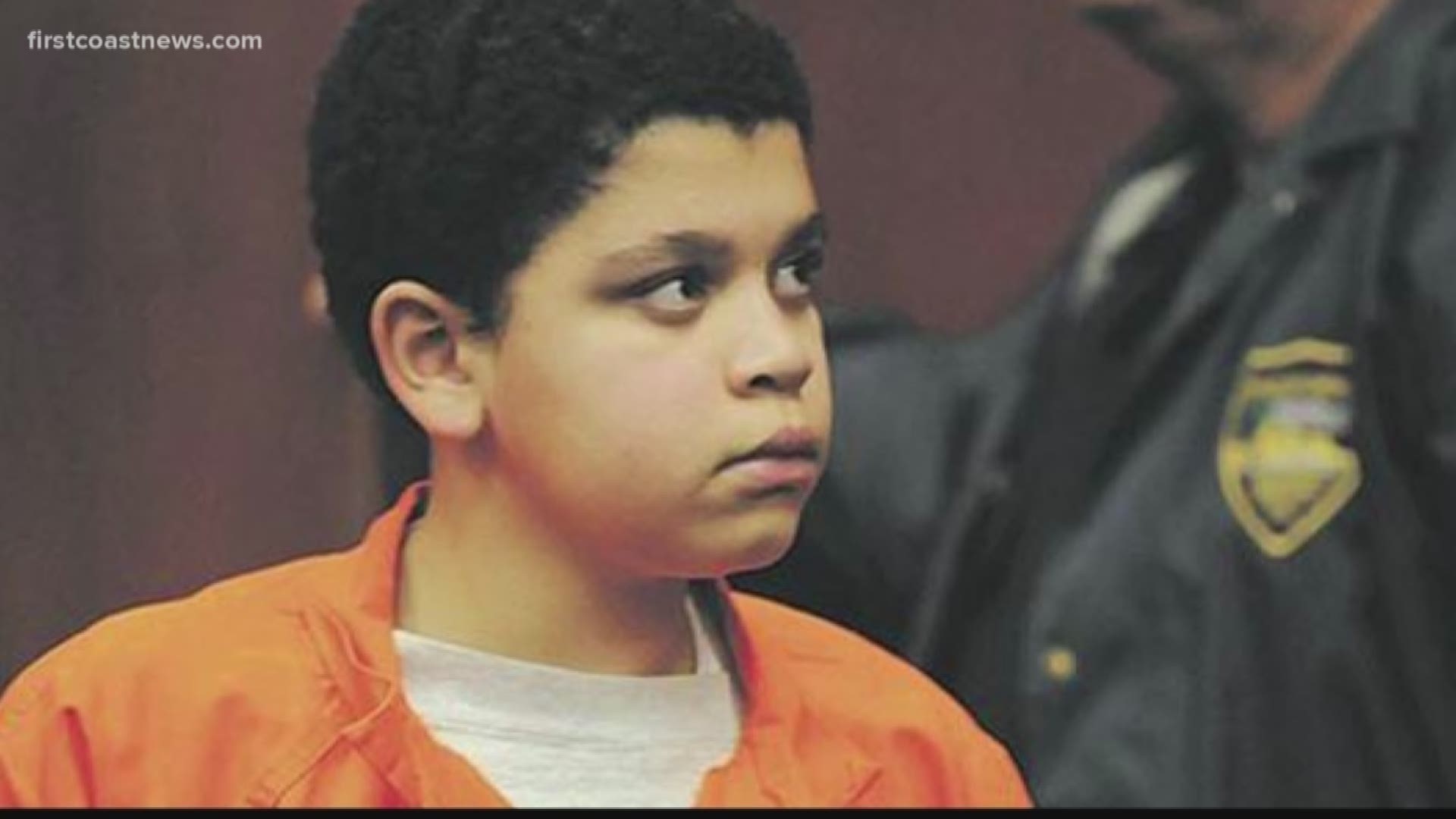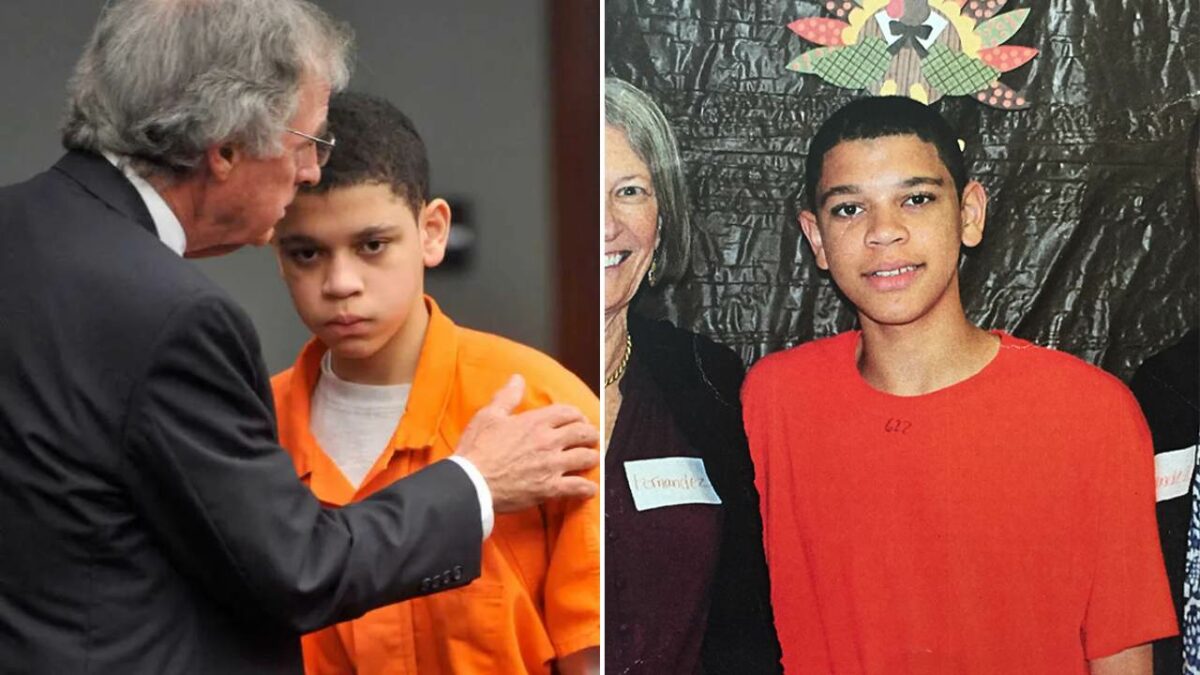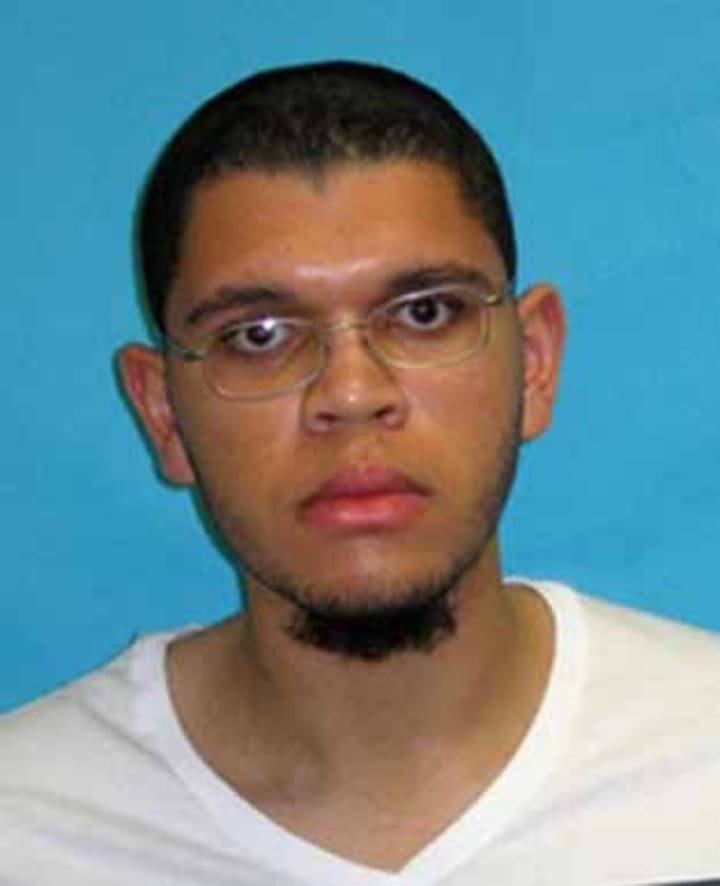Can a child, scarred by years of abuse, be held fully accountable for an act of violence? The case of Cristian Fernandez compels us to confront this agonizing question, forcing a reckoning with the complexities of childhood trauma, the flaws in our justice system, and the enduring search for redemption.
Cristian Fernandezs story is not one of simple villains and victims. Its a tragedy woven from threads of neglect, violence, and a desperate cry for help that went unanswered. At the tender age of twelve, Fernandez found himself facing a first-degree murder charge for the death of his two-year-old half-brother, David Galarraga, in Jacksonville, Florida. The year was 2011, and the nation watched in disbelief as the details of the case unfolded, revealing a chilling portrait of a boy trapped in a cycle of abuse.
| Full Name | Cristian Fernandez |
| Date of Birth | January 14, 2001 |
| Place of Birth | Jacksonville, Florida |
| Known For | Youngest person ever charged as an adult with first-degree murder in Jacksonville, Florida. |
| Crimes Convicted Of | Manslaughter, Aggravated Battery (pleaded guilty) |
| Sentence | Juvenile sanctions; released in 2018. |
| Current Status | Residing in Florida, reportedly focusing on personal development. |
| Reference | First Coast News Article |
Fernandezs own childhood was marked by profound neglect and abuse. He endured physical and sexual violence at the hands of both family members and others. His mother, Biannela Susana, was herself a victim of abuse and struggled with substance use. This toxic environment, where violence was normalized and help seemed unattainable, shaped Cristians formative years and ultimately contributed to the tragic events of March 2011.
The decision to charge Fernandez as an adult sparked national outrage and ignited a fierce debate about the appropriate treatment of juvenile offenders, particularly those with histories of trauma. Advocates argued that the adult system, with its focus on punishment rather than rehabilitation, was ill-equipped to address the complex needs of a child like Cristian. They highlighted the devastating impact of childhood trauma on brain development and behavior, emphasizing the need for therapeutic interventions rather than incarceration.
After years of legal battles and intense public scrutiny, a plea deal was reached. Fernandez pleaded guilty to manslaughter and aggravated battery and was sentenced to remain in the juvenile justice system until he turned 19. This outcome, while far from ideal, was seen by many as a victory, sparing him the harsh realities of adult prison.
Since his release in 2018, Fernandez has remained largely out of the public eye. Details about his current life are scarce, a testament to the ongoing efforts to protect his privacy and allow him to rebuild his life away from the shadow of his past. Reports suggest he is residing in Florida, focusing on personal development and adhering to the terms of his probation.
The story of Cristian Fernandez is a stark reminder of the devastating consequences of childhood trauma and the urgent need for systemic change. It challenges us to rethink our approach to juvenile justice, to prioritize rehabilitation over retribution, and to ensure that vulnerable children receive the support and resources they need to break free from cycles of violence.
While the legal chapter of Cristian Fernandezs story may be closed, the societal implications reverberate. His case continues to fuel conversations about the intersection of childhood trauma and the justice system, prompting crucial questions about accountability, rehabilitation, and the very definition of justice itself. It serves as a somber reminder that true justice must extend beyond punishment, encompassing a commitment to healing and the prevention of future tragedies.
As Cristian Fernandez navigates his life beyond the confines of the justice system, his journey becomes a symbol of hope. Its a testament to the resilience of the human spirit, the possibility of redemption, and the enduring belief in second chances. His story is a call to action, urging us to create a world where children are safe, nurtured, and empowered to reach their full potential, regardless of the traumas they have endured.


